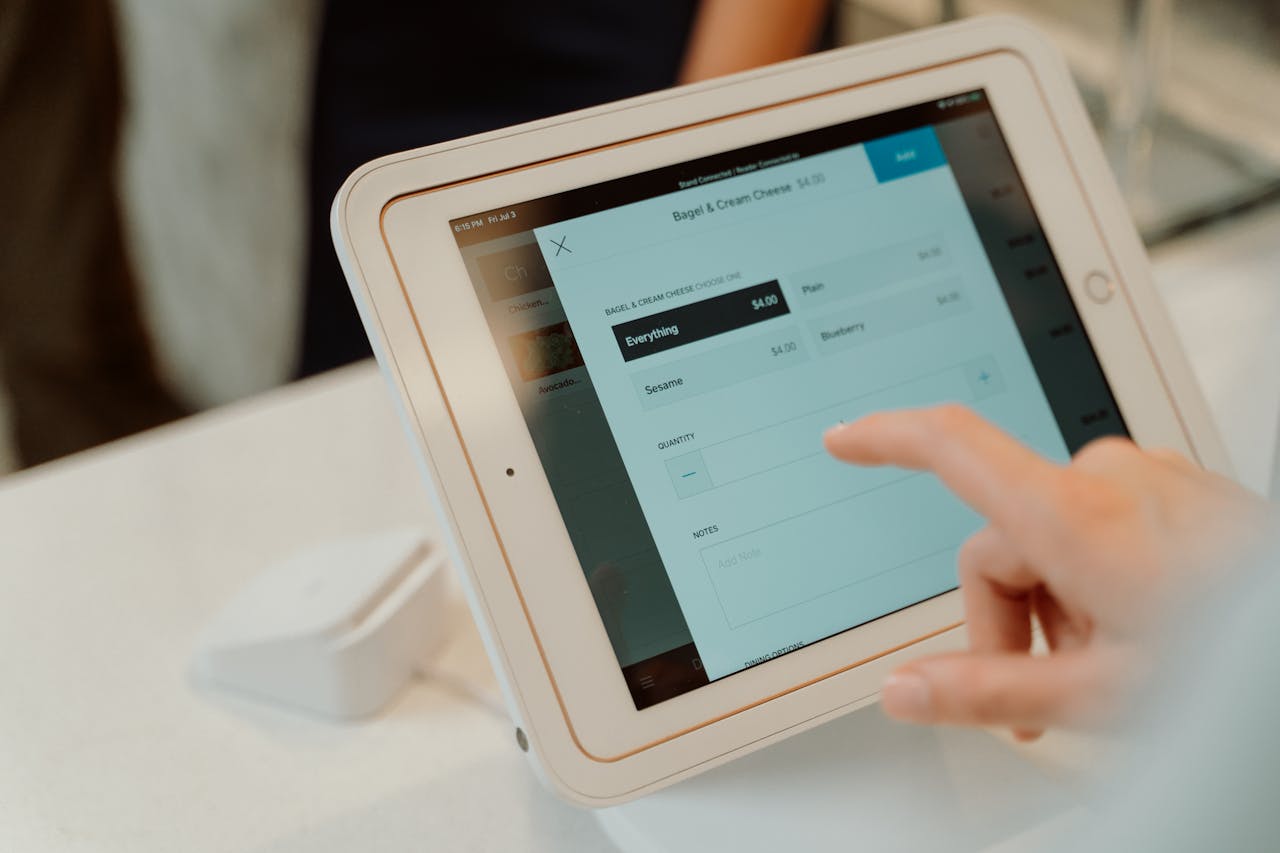Part 5 of Blog Article Series: The Role of AI in Transforming Business Software Applications for B2B and B2C
As AI continues to evolve, it’s not just large corporations that will benefit from its capabilities. Small and medium-sized enterprises (SMEs) and retailers will also be able to leverage AI to improve efficiency, customer experiences, and business outcomes.
Take the case of Zara, a fast-fashion brand that’s often hailed for its agile supply chain. Zara uses AI-driven ERP systems to predict customer demand and optimize inventory levels across stores. This allows them to quickly adapt to new fashion trends, reducing wasted stock and increasing profits. Imagine a small retail business being able to leverage AI to ensure the right products are always available—this kind of technology is now within reach for SMEs.
Looking forward, we can expect AI to drive deeper integration between business software applications. For instance, SAP, a global ERP provider, is developing systems that unify AI across POS, CRM, and ERP platforms. This will allow businesses to have a comprehensive, AI-powered solution that manages everything from customer data and sales to supply chain logistics—all in real-time.
For a small to mid-sized retailer, having a single, AI-integrated platform could mean gaining the same kind of operational efficiency that large corporations enjoy. The future of AI in business software will be about making these powerful tools accessible, affordable, and scalable for businesses of all sizes.




Leave a Reply
You must be logged in to post a comment.